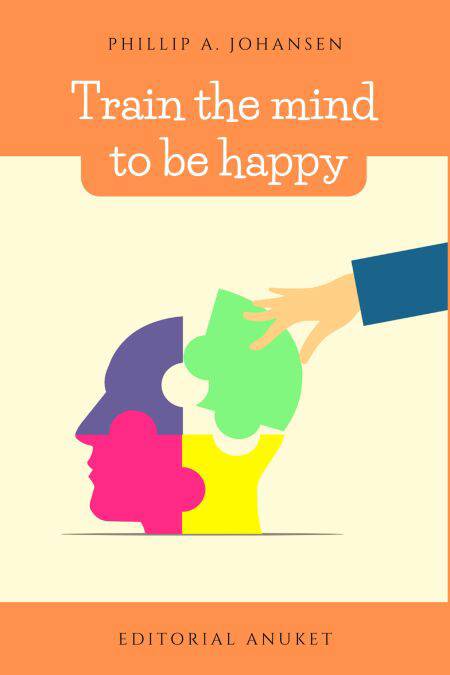
- Retrait gratuit dans votre magasin Club
- 7.000.000 titres dans notre catalogue
- Payer en toute sécurité
- Toujours un magasin près de chez vous
- Retrait gratuit dans votre magasin Club
- 7.000.0000 titres dans notre catalogue
- Payer en toute sécurité
- Toujours un magasin près de chez vous
Description
The idea of training the mind to be happier is a topic of great interest in psychology and neuroscience. There are various techniques and practices that have been developed to help people improve their emotional well-being and increase their level of happiness.
One of the most popular techniques is meditation, which consists of paying attention to the present experience with an attitude of acceptance and without judgment. Meditation has been linked to a reduction in symptoms of anxiety and depression, as well as an increase in feelings of well-being and the ability to manage stress.
Cognitive-behavioral therapy (CBT) is also an effective technique for improving emotional well-being. CBT focuses on identifying and changing negative thought patterns and behaviors that contribute to anxiety and depression.
In addition, there are some lifestyle changes that can help improve happiness, such as exercising regularly, eating a healthy diet, getting enough sleep, and socializing with other people. Although these practices are useful, it is important to mention that for each person, the reasons and solutions for unhappiness may vary, it is advisable to seek professional help if you feel that you cannot overcome mental health problems on your own.
In summary, training the mind to be happier is possible through the practice of meditation techniques and cognitive-behavioral therapies, along with lifestyle changes. However, it is important to remember that happiness is not a fixed goal, and it is also important to have realistic expectations and to be kind to yourself and others throughout the process.
This book addresses the techniques of training the mind and combating stress in a simple way and within everyone's reach.
Spécifications
Parties prenantes
- Auteur(s) :
- Editeur:
Contenu
- Langue:
- Anglais
Caractéristiques
- EAN:
- 9798223181484
- Date de parution :
- 06-10-23
- Format:
- Ebook
- Protection digitale:
- /
- Format numérique:
- ePub

Les avis
Nous publions uniquement les avis qui respectent les conditions requises. Consultez nos conditions pour les avis.






